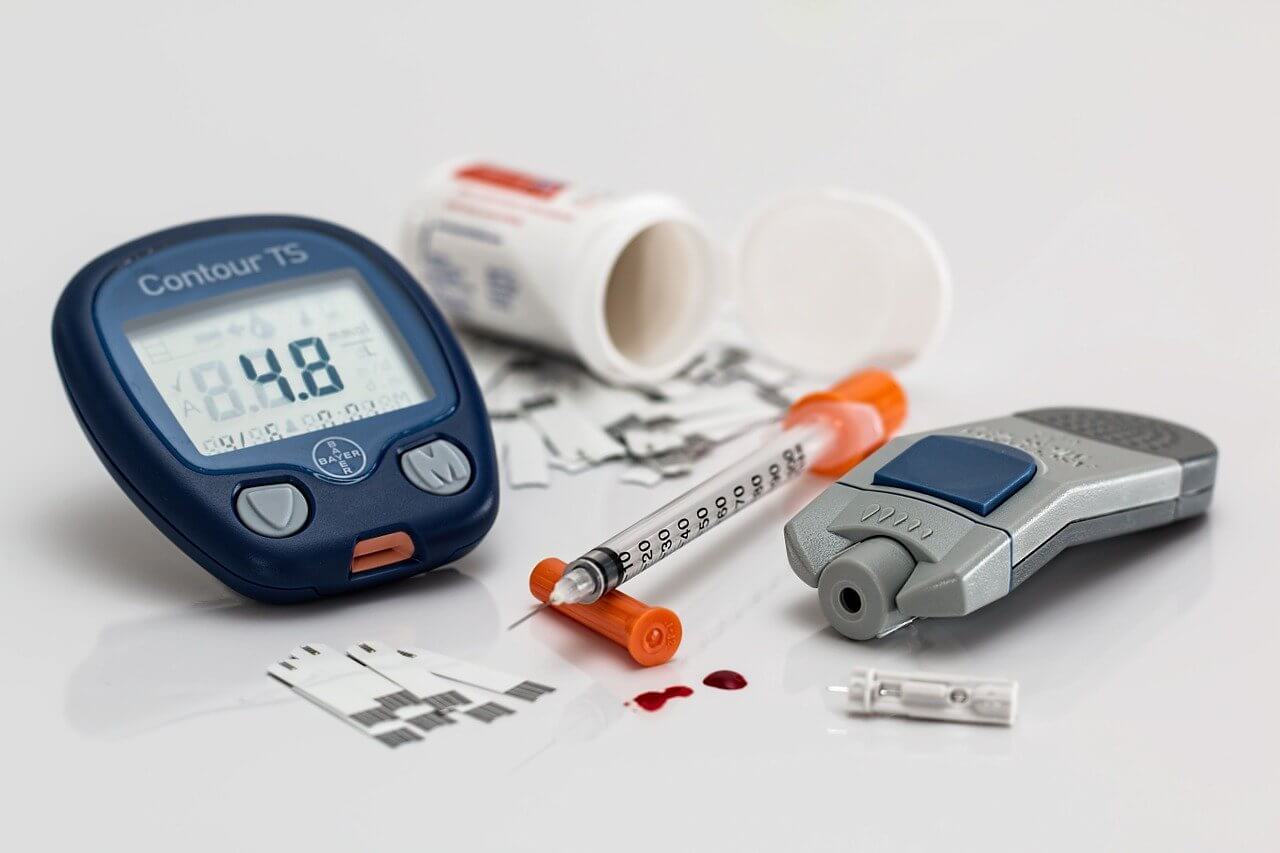Diabetes i.e. sugar disease is increasing very fast. Many times, some people become aware of this disease when it causes damage to some parts of the body (eyes, kidney, heart). Timely detection of this disease is very important. Today we will tell you the symptoms diabetes diet.
If you are also seeing such symptoms in your body, then you must get a sugar test done. If you pay attention to the diabetes problem at the beginning, then you can avoid the rest of the health problem.
- What Is Diabetes?
- 10 Initial Symptoms Diabetes Diet:
- 1. Excessive Urination And Thirst:
- 2. Feeling of Hunger
- 3. The Feeling of Fatigue:
- 4. Blurred Vision:
- 5. Dry Mouth And Itching:
- 6. Tingling In Extremities / Numbness In Extremities
- 7. Nausea And Vomiting:
- 8. Sudden Weight Loss:
- 9. Wound And Swelling In Gums
- 10. Slower Wound Healing Process:
- Food To Eat In Diabetes
- Food To Avoid In Diabetes
- BOTTOM LINE:
- FAQ:
What Is Diabetes?
Diabetes is a problem in which the hormone named insulin starts to be produced in excess in the body or the hormone produced in the body is not controlled. As a result, the metabolism of the body starts to be abnormal and the sugar level in the blood increases.
It is said that there is no way to eliminate this disease from the root, but if we control the amount of sugar in the blood, normal life can be lived comfortably. And you can do that only by following a proper diet and a healthy lifestyle. There are 3 types of diabetes…
Type 1 diabetes is an autoimmune condition that is often diagnosed in childhood, although you can develop it at any age.
Type 2 diabetes is a progressive condition that develops slowly. As a result, signs, and symptoms diabetes diet may develop very slowly. You may not notice those signs or symptoms diabetes diet, or you may dismiss them as a normal part of getting older.
Gestational diabetes occurs during pregnancy for many women. In most cases, these diabetes are cured after delivery.
NOTE:
Having gestational diabetes increases your risk of developing type 2 diabetes. Sometimes women also develop type 2 diabetes during pregnancy.
10 Initial Symptoms Diabetes Diet:
Symptoms of type 1 (usually diabetes in children and adolescents) and type 2 (usual diabetes in adults) can be similar. Initial symptoms of any type of diabetes are related to increased levels of glucose in the blood and urine. So, the following are the common initial symptoms diabetes diet.
1. Excessive Urination And Thirst:
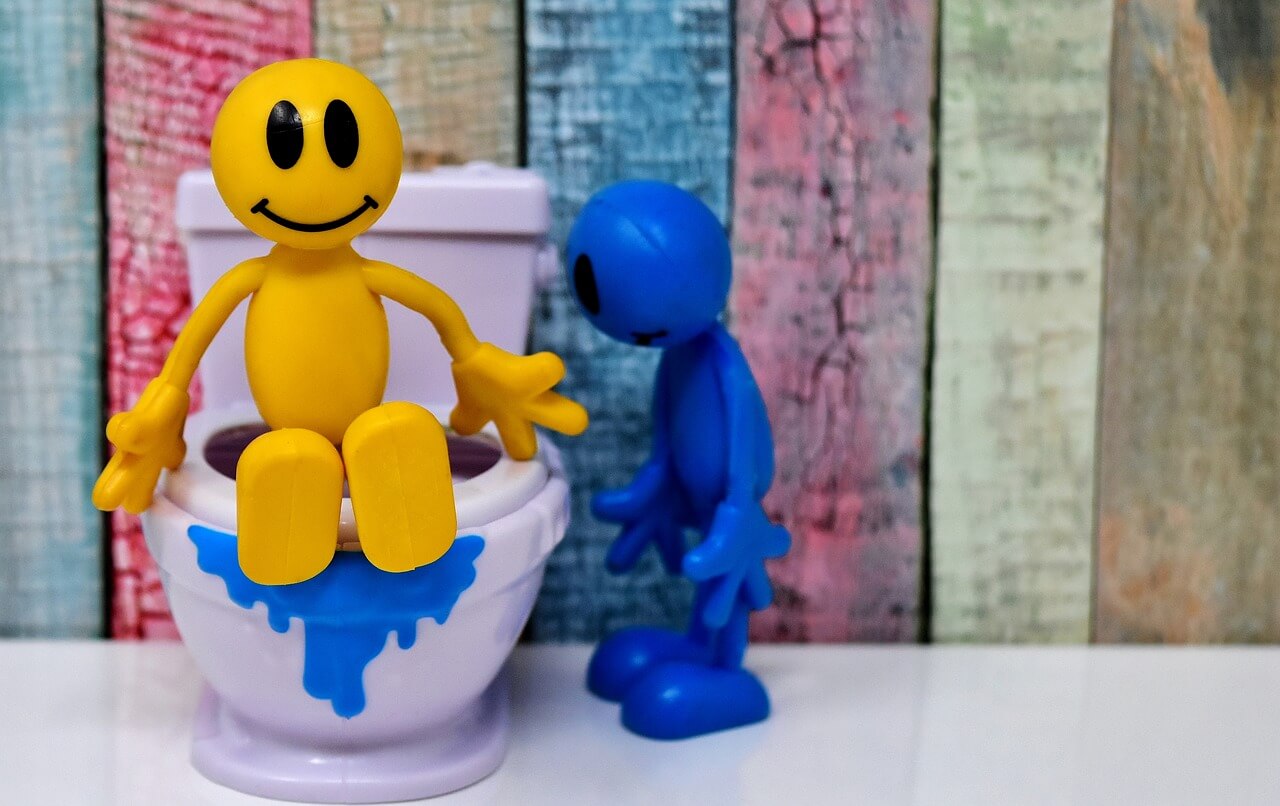
On average, a person urinates 6-7 times a day, but if you have to urinate more than this, then you may have diabetes.
What happens is that due to diabetes, the level of sugar in the blood is much higher than the normal. When this happens, the body tries to remove excess sugar from the body through urine.
Since once you urinate, the sugar level in the blood does not decrease, so the body employs the kidneys to remove the extra sugar.
The kidney makes urine repeatedly by filtering blood and the diseased person has to urinate frequently.
2. Feeling of Hunger

Your body converts the food you eat into glucose, which your cells use for energy. But your cells need insulin to bring the glucose in. If your body does not make a sufficient amount of insulin or even if it makes, then your cells resist it.
Then glucose cannot enter the cells and there is no energy in you. Because of which you feel more hungry than normal people and you feel tired.
3. The Feeling of Fatigue:

Sudden and excessive tiredness is a major symptom of diabetes. In the medicinal world, excessive exhaustion and tiredness that doesn’t go away with sufficient sleep or rest are identified as fatigue and it can be an initial symptom of diabetes.
High blood sugar stages, either from insulin confrontation or from an absence of the insulin hormone, can disturb the body’s capacity to get glucose from the blood into the cells to meet the energy needs of our body. And thus, it ends up bringing fatigue to our body.
4. Blurred Vision:
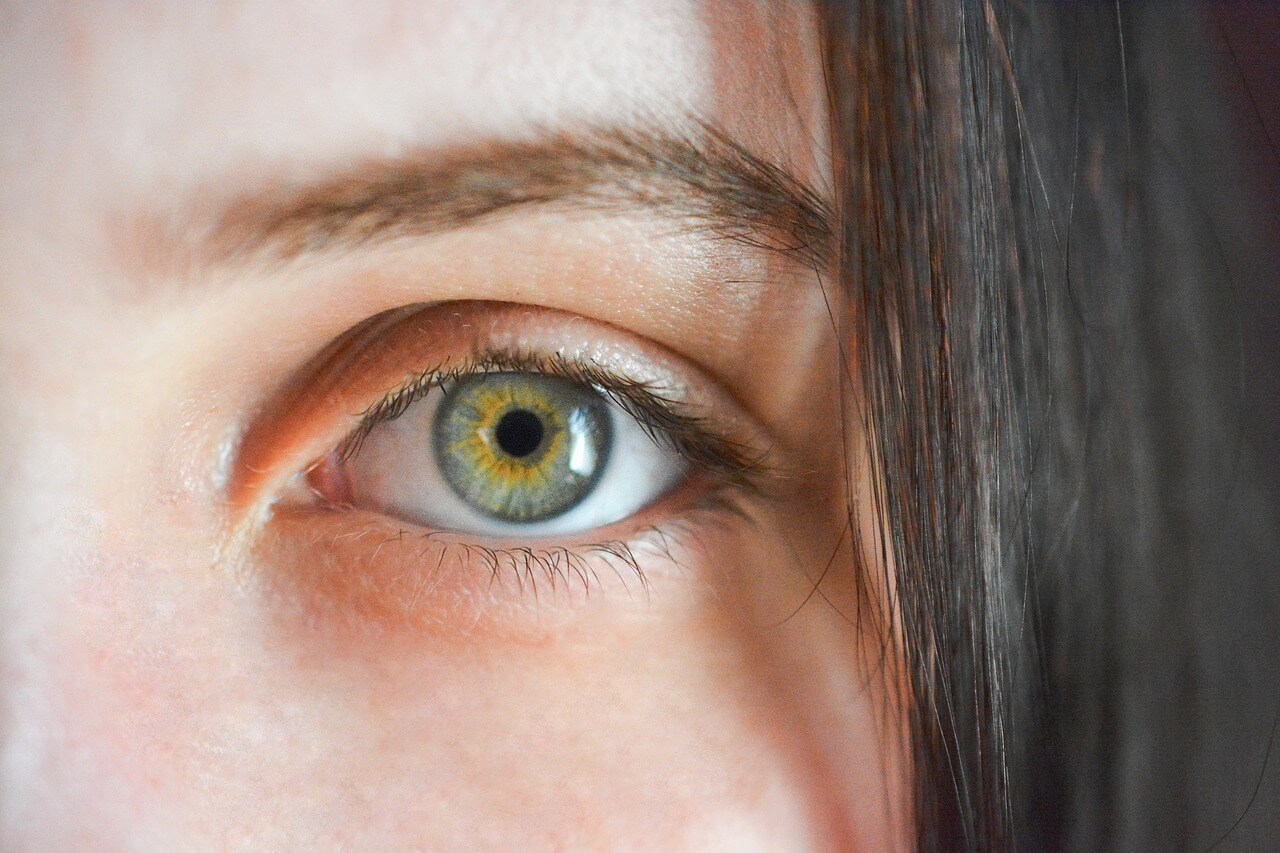
As we know, our body dilutes blood to remove excess sugar from the body, for which it uses the fluids present in the body. Sometimes due to the movement of fluids some fluid goes into the lenses of the eyes, causing the lens to swell.
Due to bloating, the shape of the lens changes and it is unable to focus properly. So, things look blurred.
Sometimes the opposite is also true, that is, the fluids present in the lens are pulled and even then, the shape of the lens deteriorates and things appear blurred.
5. Dry Mouth And Itching:

Since the diabetic person has frequent urination and this urine is made up of fluids (liquid) present in the body, there is a lack of moisture for other things.
You can feel dehydrated when this happens. Due to lack of water in the body, the mouth becomes dry and lack of moisture in the skin can cause itching by drying the skin.
6. Tingling In Extremities / Numbness In Extremities
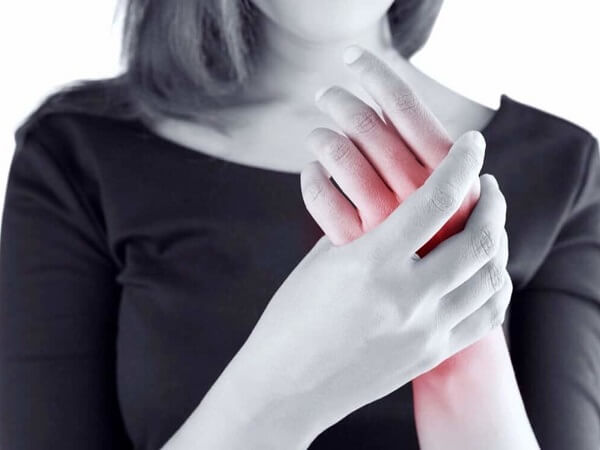
Initial symptoms diabetes diet If you have diabetes and you do not control it for a long time, it can damage your nerves, which is called diabetic neuropathy.
Hands and feet send signals only with the help of these nerves. But due to the damage to the nerves, the signals are not able to pass properly and you feel tingling in hands and feet.
7. Nausea And Vomiting:

When the body burns fat to fulfill its energy needs, it also produces “ketones”. Ketones can rise to dangerous levels in your blood, due to which you may feel stomach upset and you may complain of nausea and vomiting.
8. Sudden Weight Loss:
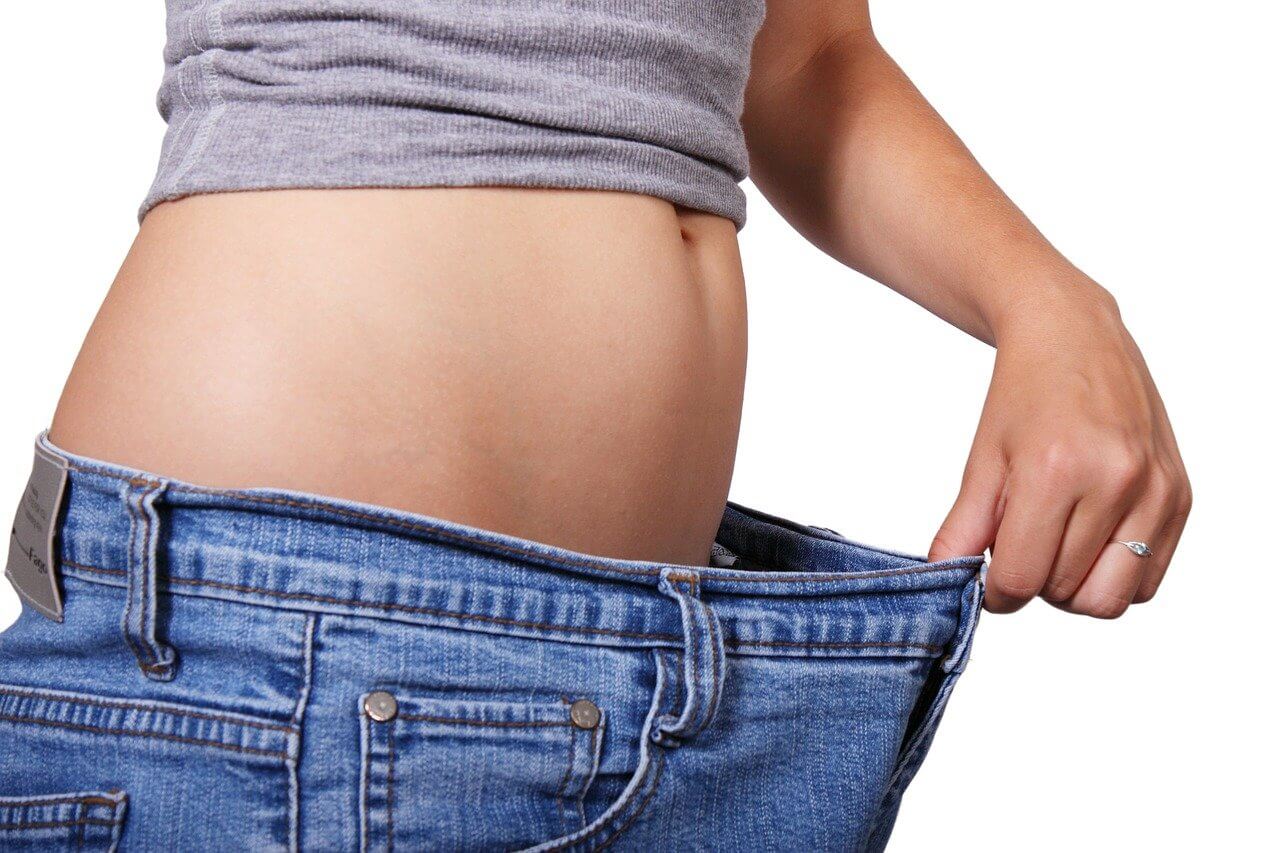
If you are losing weight unintentionally, then it can also be a symptom of diabetes. This happens mostly in Type 1 diabetes, but sometimes in Type 2, these symptoms are also seen.
Actually, due to the lack of insulin, the glucose present in the blood cannot reach the cells of the body and the cells cannot use glucose as energy… but the body needs energy, so it can get body fat to get energy.
And muscles start to burn. Obviously, bodyweight starts decreasing rapidly when this happens.
9. Wound And Swelling In Gums
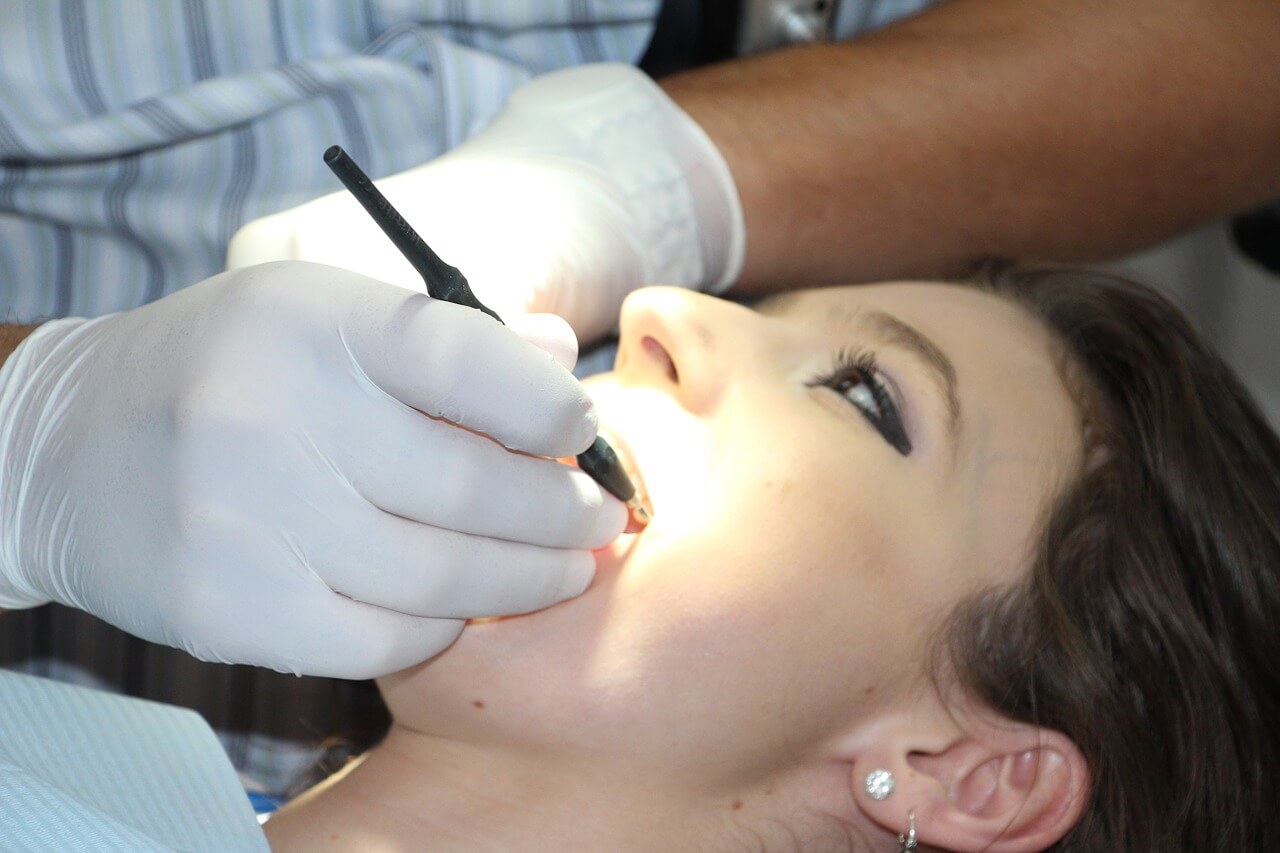
Diabetes can weaken your ability to fight germs, due to which there is an increased risk of infection in the bones that hold your gums and teeth.
In this case, your gums may be removed from the teeth, your teeth may become loose, or your gums may have sores, pus, or swelling.
10. Slower Wound Healing Process:
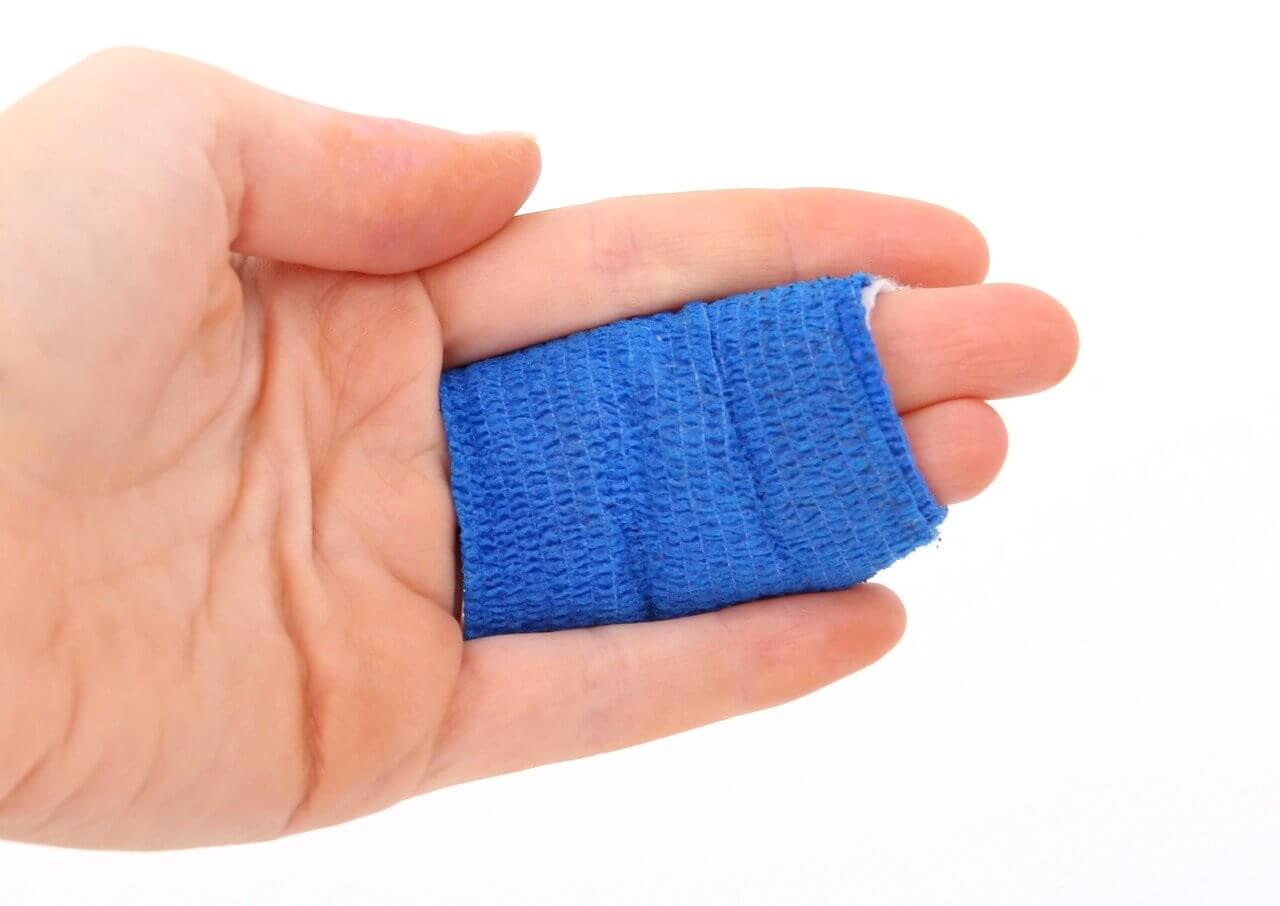
If one of your wounds is taking longer than normal to heal, you may have diabetes. In fact, due to diabetes, the increased amount of glucose in the blood can gradually affect your veins, due to which the circulation of blood in the body is not being done properly.
In such a situation, the right amount of blood does not reach the place of injury and the supply of oxygen and nutrients that comes with it is also interrupted. Because of this, wounds take longer than necessary to heal.
Food To Eat In Diabetes

If you are also a diabetic then you should take special care of your food and drink. You should have the following types of food-
- Eat protein-rich food
- Whole grains
- Eat roasted, cooked, or raw vegetables
- Watermelon or berries
- Eat green vegetables and salad
Food To Avoid In Diabetes

Certain types of food should not be taken in diabetes, as it can increase the disease and this food can have a bad effect on your health-
- Don’t eat sweet food
- Say no to white bread, rice, and pasta
- Do not consume honey
- Don’t consume dairy-rich products
- Say no to package snacks
BOTTOM LINE:
As we all know that nowadays diabetes disease is increasing very fast and it is taking hold of almost all ages. However, you can prevent diabetes by following a healthy balanced diet on time.
FAQ:
Q. What are the early symptoms of diabetes?
A. Early symptoms of diabetes include frequent urination, excessive thirst, increased hunger, unexplained weight loss, fatigue, and blurred vision. These symptoms often develop gradually, especially in type 2 diabetes.
Q. Do diabetes symptoms differ between type 1 and type 2 diabetes?
A. Yes. Type 1 diabetes symptoms usually appear suddenly and are more severe, while type 2 diabetes symptoms develop slowly and may go unnoticed for years.
Q. Can diabetes cause constant tiredness?
A. Yes. High blood sugar levels prevent glucose from entering cells effectively, leading to low energy levels and persistent fatigue.
Q. Are frequent infections a symptom of diabetes?
A. Yes. Diabetes can weaken the immune system, making a person more prone to frequent infections, slow wound healing, and skin or urinary tract infections.
Q. When should someone see a doctor for diabetes symptoms?
A. A doctor should be consulted if symptoms like excessive thirst, frequent urination, unexplained weight loss, or blurred vision persist, as early diagnosis helps prevent complications.
